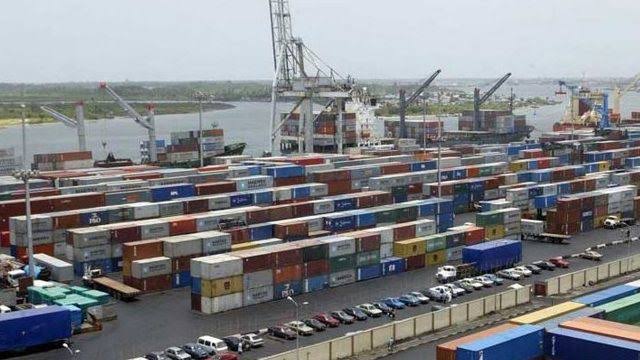The sustained advocacy of the Mohammed Bello Koko- led Management of the Nigerian Ports Authority (NPA) for the decongestion of the ports to pave way for efficient operations received a boost on June 23, 2023, when the Permanent Secretary, Federal Ministry of Transportation, Dr. Magdelene Ajani, led an inter-agency team comprising of the NPA, Nigerian Customs (NCS), and the Nigerian Shippers’ Council (NSC) on assessment tour of overtime cargoes littering the ports.
The Lagos and Tin can Island Port Complexes and the Terminals therein including Ikorodu Lighter Terminal have over the years been occupied with 3,200 Units of overtime cars and about 3,295 units of overtime containers respectively, while the eastern ports have a combined total of 956 overtime containers.
This awkward situation apart from constraining terminal spaces required for seamless cargo handling operations in the ports, has contributed to deterioration of port infrastructure which are designed as transit locations as opposed to holding dead weight tonnages for years which these age long overtime cargo constitute.
Following the inspection tour which held on Friday and Saturday 23 and 24, June respectively, an all-stakeholder sensitization involving shipping lines, and Association of Freight Forwarders and Clearing Agents was convened on Monday, June 26, 2023, where it was unanimously agreed that all cargoes and container that have overstayed their required time at the Ports should be auctioned “in-situ” (In their current locations) and removed immediately from the ports.
To assure transparency and inclusiveness, the modalities to govern the auction process will be finalized by all stakeholders after a similar sensitization meeting with stakeholders in the eastern ports of Warri, Rivers, Onne and Calabar.
It will be recalled that Mohammed Bello Koko, the Managing Director NPA, had at several fora sought the cooperation of the NCS to ensure speedy removal of overtime cargo from the ports and terminal yards to free up space and preserve the durability of the capital intensive port infrastructure.



